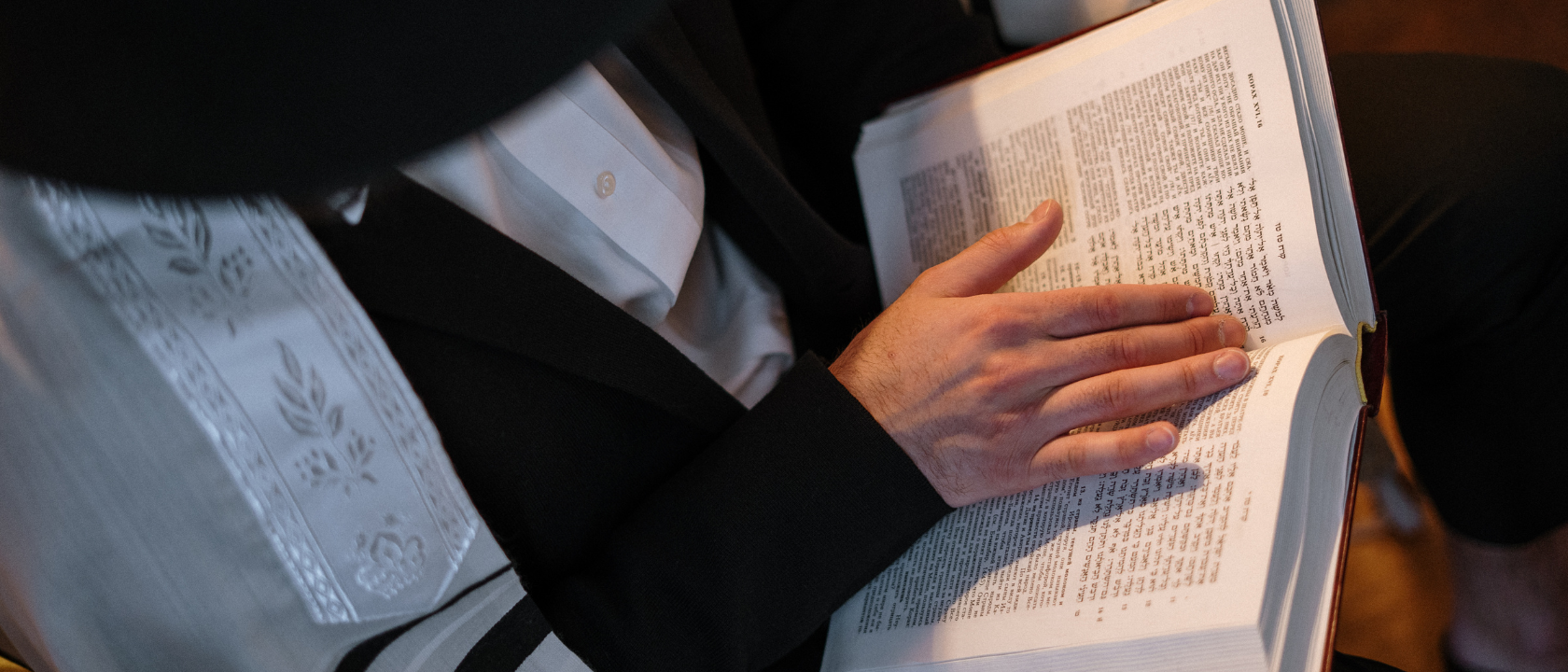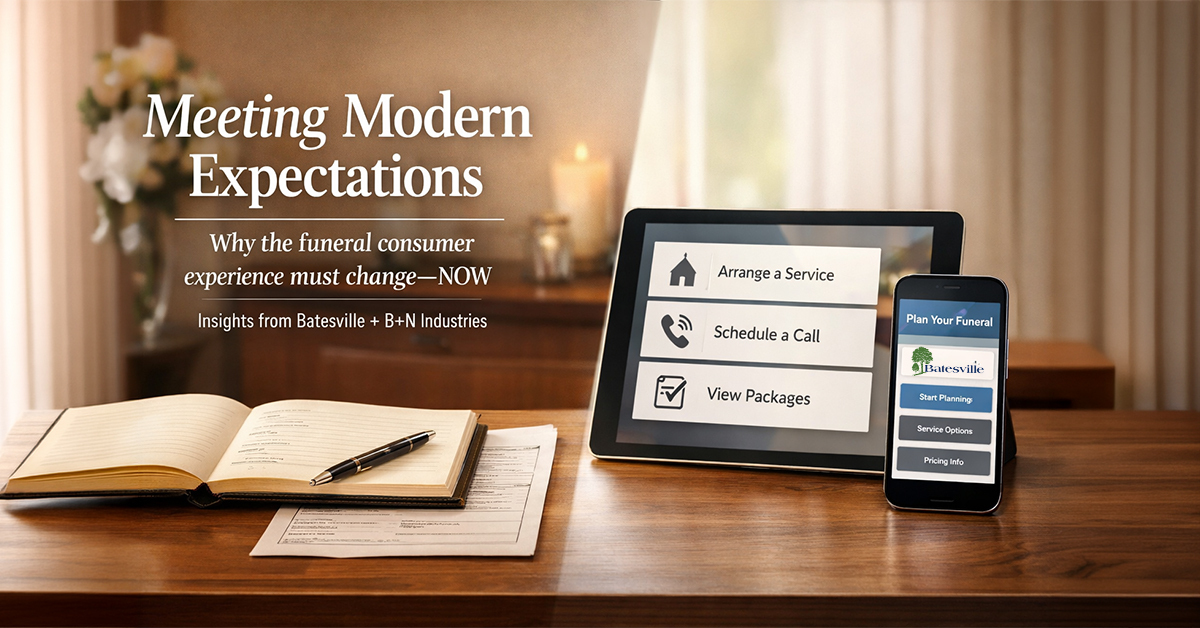Here’s How To Confidently Serve Families of the Jewish Faith
Nearly six million American adults identify as members of the Jewish faith, with another 2.8 million individuals who claim a Jewish background. Although the majority of Jewish families live in the Northeast (9% of New Yorkers are among them), nearly every state has a population of Jewish Americans — and chances are that many of those families plan to observe Jewish funeral traditions at their time of need. Is your funeral home ready to fully support and authentically serve them?
Variations and viewpoints
Jewish death rituals are rooted in the funeral practices of the Old Testament, and most traditions have changed very little in the subsequent 2,000-plus years. Of course, as with any religious observation, there will be variations in the way families wish to include these traditions in the disposition of their loved one — especially when a different generation is handling the arrangements.
“In every religion, every culture, every faith, there will be a difference generationally with how and what people believe,” explains Michael Schimmel, Founder and CEO of Sympathy Brands, which offers resources for consumers through Shiva.com and a support network for deathcare professionals with its Jewish Funeral Group. “Judaism, in particular, has different levels of observances.”
For the most part, the extent to which families observe traditional Jewish funeral rituals varies based on the viewpoints of the sect. Shiva.com explains it this way:
- Orthodox Jews believe that the original Jewish Laws given by God to Moses are not to be altered.
- Conservative Jews also believe in the Jewish Law, but also hold that laws are meant to change and adapt with modern society.
- Reform Jews primarily focus more on the culture and morals of Judaism rather than Jewish Law
Shiva, the structured period of mourning, for example, may be observed for seven days as tradition dictates, or shortened to two days by other families, explains Schimmel. Like other religious observances, the level to which a family follows a Judaic funeral ritual may be based on not only the deceased’s beliefs, but also other factors, including the beliefs of the survivors, geographic considerations, and schedules. No matter what sort of Jewish practice a family requests, the most important consideration is that you and your team are adequately prepared to serve them.
Strength in numbers
The Jewish Funeral Directors of America, Inc., an international association that supports providers of Jewish deathcare services, includes in its membership 100 Jewish funeral homes and 170 funeral directors in 23 states, the District of Columbia, and two Canadian provinces. These entities are well-versed in Jewish funeral rituals and specialize in serving Jewish families. However, with around 20,000 funeral homes in the United States, there’s little doubt that these professionals are not easily accessible to families in many states or geographic areas.
In these situations, many funeral directors will call upon a local rabbi or clergy member for guidance on conducting services for a Jewish family. Traditionally, though, time is of the utmost importance; rituals dictate that the funeral take place within one day of death.
“You have to provide services and support for families in real time,” says Schimmel. “In this case, there’s nothing that beats preparation. Knowing and having access to topical educational information or even just having an affiliation with a group that can offer support is key.”
Sympathy Brands created Jewish Funeral Group to serve that purpose. In addition to serving as a network of deathcare professionals who are knowledgeable of Jewish customs and who can serve as a lifeline in at-need situations, the group also provides educational opportunities, online materials, and strategic partnerships.
“Jewish Funeral Group is a resource for funeral homes and cemeteries,” Schimmel explains. “We offer services that are dedicated to just helping you do or at least offer what a Jewish family might consider. We partner with some of the leading independently-owned and consolidated Jewish funeral homes and are committed to building our network so that anywhere, at any time, we can provide access and resources to support and uplift any of our partners.”
More than mourning
Like JewishFuneralGroup.com, Sympathy Brand’s Shiva.com is a vast resource of information about Jewish funeral rituals. However, Shiva.com is consumer-focused, providing support and guidance for anyone who wants to know more about planning or attending Jewish funeral services or supporting Jewish families as they mourn.
“We wanted to create a vast and comprehensive library of information that allows people who have basic questions to get them answered,” says Schimmel. “Shiva.com is a one-stop resource that allows you to learn, plan, coordinate, and ultimately support loved ones of the Jewish faith whether you’re Jewish, non-Jewish, a mourner, non-mourner in a pre-planning or immediate need space or in an ongoing commemorative or memorial way.”
In addition to explaining Jewish funeral traditions, Shiva.com answers a wide range of questions, from “What should I wear to shiva?” to “What foods should I bring?” Visitors can order commemorative products on the site, including Yahrzeit & Yizkor candles or a memorial tree to be planted in Israel, as well as Kosher and non-Kosher foods and baskets.
Shiva.com also includes a comprehensive director of Jewish funeral homes and Jewish cemeteries and the opportunity to connect virtually with representatives of each for pre-planning or at-need purposes.
Get connected today
If you’re interested in learning more about Jewish funeral traditions or preparing your team to serve the Jewish families in your community, reach out to Michael Schimmel and Sympathy Brands at 877-778-0019, email via info@jewishfuneralgroup.com, or complete a contact form on the Jewish Funeral Group website.
Jewish Funeral Group is also sponsoring several upcoming educational seminars across the country, including several sessions in Florida in February.




